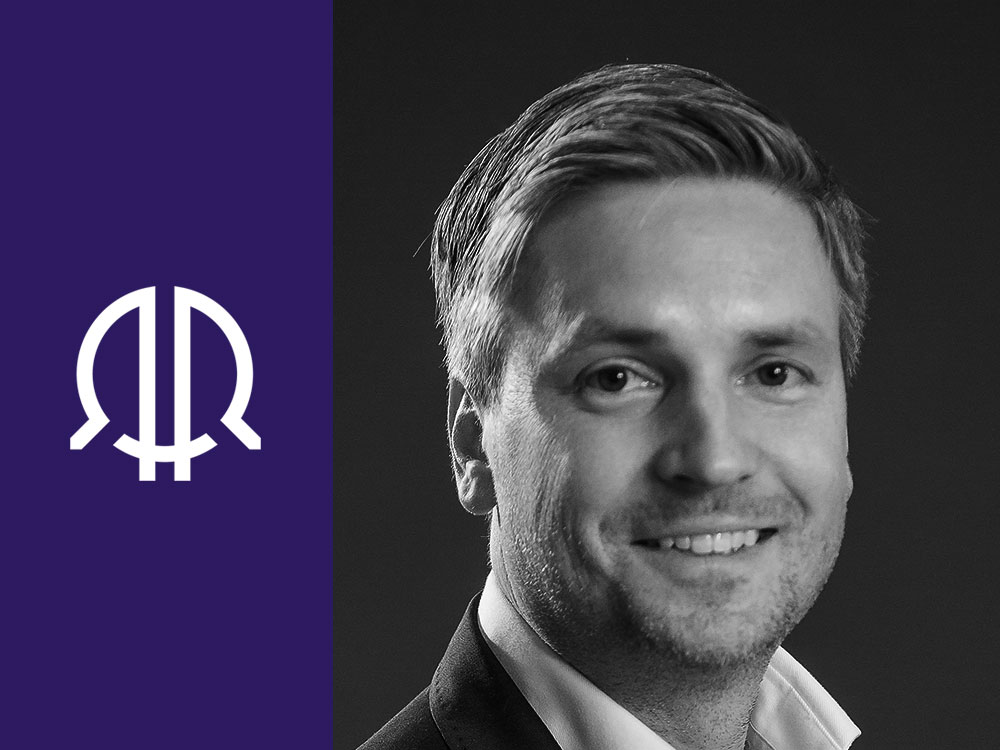
REBELS AND RULERS: The Global Forum for Open Branding is an extension of our mission as Brandingmag — delivering relevant and high-quality insights on branding and marketing from international, expertly-speaking voices. The event takes place in Bucharest, the capital city of Romania, where REBELS AND RULERS becomes a hub for Eastern European business and creative growth. Brand leaders, marketing managers, creatives, entrepreneurs, and other like-minded professionals join 20 international speakers in an exploration of improvement.
Following a sound success in its first edition in 2018, REBELS AND RULERS is now at its second iteration and comes about with one of the most pressing topics in the business world — Brand Culture: Inside & Out. We have decided to dedicate a special series of interviews with our speakers to this topic, giving you a glimpse into their insights and the happenings that take place on the “branding stage” of Eastern Europe.
Shade Vaughn, the chief marketing officer North America of Capgemini, is one of the expert voices to tackle the theme of brand culture in this year’s program. Read his interview below and learn more about Shade, the event, and the other international speakers here on the official website.
Brandingmag: How do you define the brand culture of an organization, be it a for- or non-profit?
Shade Vaughn: The alignment of brand purpose and the internal culture of an organization across people, processes, and technology.
Bm: You are a decisive factor in the management of your brand’s culture – how do you include it in your everyday decision-making process?
SV: A big part of our brand culture is in the belief that the business value of technology comes from and through people. We know that our talent is our most valuable asset and the way we work together collaboratively to solve some of the most complex business challenges needs to be based on a strong foundation of honesty, boldness, trust, freedom, team spirit, modesty, and fun.
Bm: Is longevity achievable, for a company, without harnessing a sustainable, active brand culture model?
SV: I have to believe having a strong, active brand culture is one of the most important ingredients for longevity for any organization. It doesn’t guarantee longevity, but it would be incredibly difficult to be successful in the long-term without it.
Bm: Can ethics be considered the starting point of any type of culture? If so, then what do you think of the brands that build cultures around unethical behavior? Can they last?
SV: We recently saw Chief Executives from the Business Roundtable, which includes leaders from some of the largest companies in the world, state that companies must invest in employees and deliver value to customers and not just focus on value to shareholders. It’s clear that business leaders understand that employees and customers want to see a positive impact on society, and part of that is having strong ethics. Brands that value profits at the expense of societal impact will be challenged more than before.
Bm: The power of CSR on (external) brand reputation is well known (and abused) by now – but what can you tell us about using social responsibility as a tool for internal culture?
SV: Social responsibility is one of the most important dimensions of a strong internal culture. Ensuring that an organization’s CSR goals and objectives are 1) aligned to brand purpose, 2) visible and known to all team members, and 3) inclusive of opportunities for team members to actively participate and support are all absolutely critical.
Bm: Can you share an example of how a brand has used storytelling as a tool for creating or steering brand culture?
SV: For a number of years, Whole Foods published an online magazine with in-depth feature articles on visionaries and thought leaders who were doing interesting things with food and quality ingredients. The quality of the storytelling — including film, written, and interactive content — was uncommonly strong, and it was in alignment with the organization’s brand purpose. At the same time, it created a vehicle for employees to participate in the socialization of the stories and to feel a sense of pride and ownership about the brand culture.
Bm: What advice would you give to brands looking to improve their culture and better understand their cultures’ influence on reputation, sales, and sustainability?
SV: Consistency and simplicity are the two most important factors in having a strong brand culture. It needs to be reinforced at every opportunity and it needs to be as clear and precise as possible so that every employee can explain it.
—
Did you find these insights useful? Then, you should definitely attend REBELS AND RULERS! Join 20+ international speakers from award-winning brands and agencies and hundreds of like-minded participants in a 2-day journey full of practical insights and actionable know-how. Learn about brand culture from the likes of Philips, ING, Droga5, McCann, and many more.
Experience the best, carefully-tailored content; take your chance to meet the speakers; and mingle with hundreds of amazing local and international attendees.
Get your ticket now and join us on October 17-18, 2019, in Bucharest.
